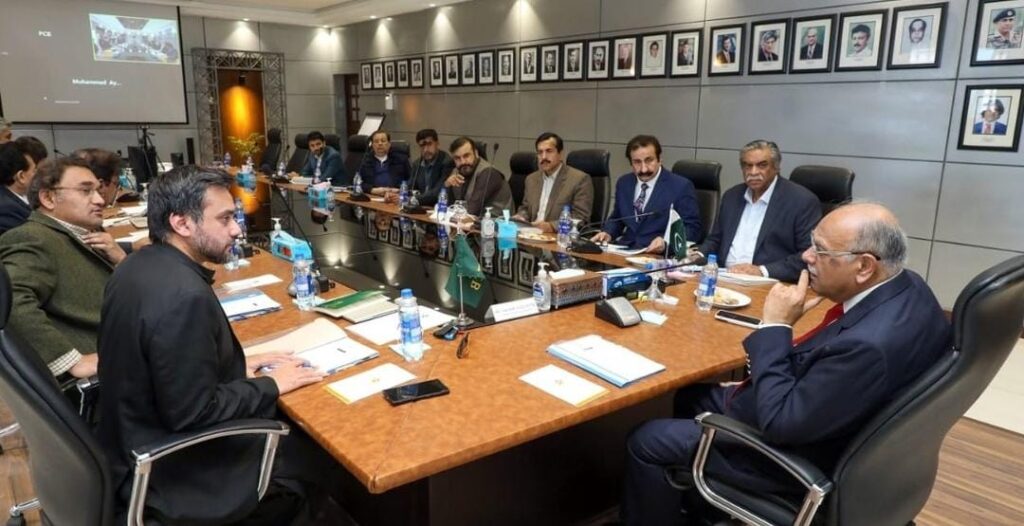
In light of all that is going on with the Pakistan Cricket Board (PCB), one wonders what is the way forward. The questions that we don’t have answers to just yet are: will the Asia Cup happen, and if so, would it be hosted in Sri Lanka? Will Pakistan play or will they be obstinate and pull out of the tournament? With the country on the verge of an emergency, would that be a prudent call and good one for Pakistan cricket? What impact could such a pull-out have on the World Cup? Also, if the PCB’s second hybrid-hosting model is rejected and with India not traveling to Pakistan, would it then mean that Pakistan withdraws from the World Cup as well? Because it doesn’t seem plausible that the World Cup will be played with such a hybrid model.
If Pakistan does decide to stay away from the World Cup, citing non-existent security concerns, what will that mean for the International Cricket Council (ICC) and Star Sports, the host broadcaster? The ICC has contracts with all ten member boards, and can justly demand that each fulfills its contractual obligation to play the tournament. However, if the Pakistan government decides to support the PCB and gives it a letter stating that India is unsafe for Pakistani players, it could result in a huge mess for the ICC. If the ICC is approached by the broadcaster for damages, it will then have no option but to pass on the liability to the PCB. And once such a thing happens, all hell can break loose. The World Cup, which yields a certain amount of profit for the member boards, may no longer do so, and there will be a major backlash against Pakistan from all across the cricket world. Could the PCB stand up to that and would Pakistan cricket be impacted in the long term? The answer is an overwhelming yes.
While India-Pakistan is a recurring problem, this time round, it seems different. Pakistan didn’t tour India for a bilateral ODI series between 1987 and 2005. But despite frosty relations over the insurgency in Kashmir, the team played a World Cup quarterfinal against India in Bangalore in 1996 and participated in the multi-nation Independence Cup a year later. By the time India co-hosted the 2011 World Cup, bilateral ties had once again been paused as a consequence of the Mumbai terror attacks in 2011. But again, Pakistan played the semi-final in Mohali.
Also Read: Pakistan, cricket and the on ground reality
But unlike in 1996, when Pakistan themselves were a co-host, or 2011, when they played the group matches in Sri Lanka and the quarterfinal in Bangladesh, there is no second or third country hosting matches in 2023. The BCCI will not even countenance any suggestion to that effect.
It’s also fairly obvious that Najam Sethi, the PCB chief, is following a set political agenda. Pakistan will soon have a general election. If the PCB, which is controlled by the government, is seen to be appeasing India, it could backfire on those in power. On the other hand, a hard line will leave its own cricket crippled. It is a serious Catch-22, and it remains to be seen how Pakistan wiggles out of this crisis.
One thing is for certain – Pakistan will want to save face. And that could well mean that the PCB refuses to play in Ahmedabad, and agrees only to play in Chennai or Kolkata. Whether the BCCI and the ICC agree to such a stand is an altogether different matter.
For the moment, we need to wait for a fortnight to see what the Asian Cricket Council (ACC) says about the second hybrid model that has been presented by the PCB. Only when the ACC takes a call will the next act in this drama be enacted. And till that time, there is an uneasy silence, with the ICC and every other member board watching anxiously to see who blinks first.
The deteriorating law-and-order situation in Pakistan could also play a role, and it is now a wait-and-watch scenario with no certainties about either the Asia Cup or its bigger, global cousin.



